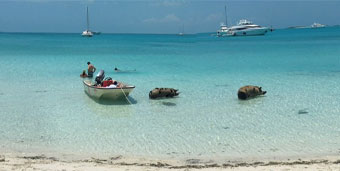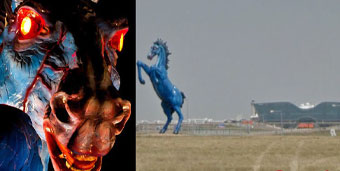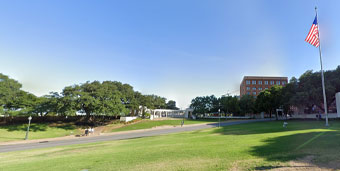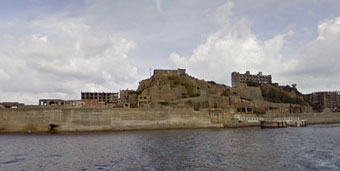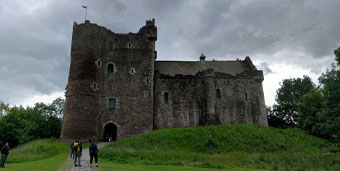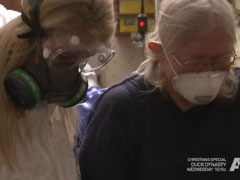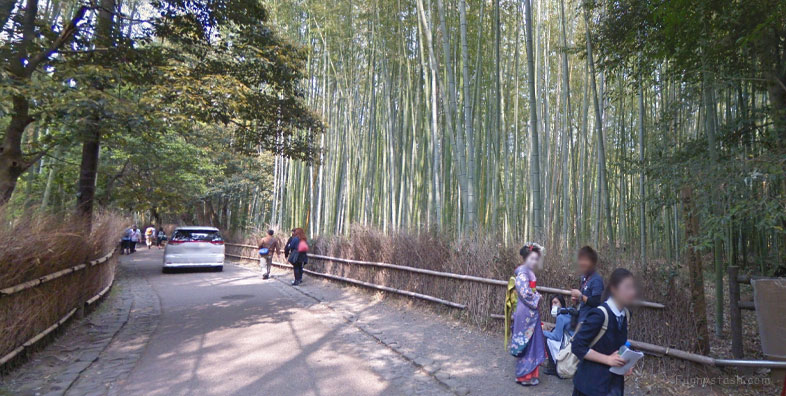A Gomantong Batcave in Malaysia named Gomantong with these VR Pictures
Link Location Gps ← Find Best directions
Gps Coordinates / 5.5291085,118.0710125
Batcave Malaysia Gomantong Cave Tourism VR Map Links
G3JC+5M Kampung Perpanduan Datuk Moh, Kinabatangan, Sabah, Malaysia
Global Gomantong Oil Mill
The Gomantong Caves are an intricate cave system inside Gomantong Hill in the Malaysian state of Sabah, on Borneo island. The hill is the largest limestone outcrop in the Lower Kinabatangan area the caves and the surrounding area are a protected area for wildlife, especially orangutans. The limestone hill is also the only known site for the endangered land snail. Investigation of the guano deposits were first made in 1889 by J.H. Allard of the China Borneo Company, and the caves were first mapped by P. Orolfo in 1930. Detailed re-mapping and laser-scanning of the caves was conducted in 2012 and July 2014.
GPS Coordinates / 5.5306207,118.0717564
The main cave system is divided into two parts: the more accessible "Black Cave", and the larger "White Cave" which lies above.
The cave system is home to many other animals, including massive populations of flesh eating cockroaches and bats. Outside one can see many raptors including crested serpent eagles, kingfishers, and Asian fairy-bluebirds. Access is in the form of a wooden walkway circuiting the interior. For centuries, the caves have been renowned for their valuable edible swiftlet nests, which are harvested for bird's nest soup. The most valuable of the nests, the white ones, can sell for very high prices.
Leaving with Police armed guard carrying a long rifle! what did they do?
Link Location Gps / Gps Link 5.5306317 / Gps Link 5.530544 / Gps Link 5.5304999
Gps Coordinates / 5.5306317,118.0718361 / 5.530544,118.0717494 / 5.5304999,118.0717163
The Gomantong Caves are an intricate cave system inside Gomantong Hill in Sandakan Division, Sabah, Malaysia. The hill is the largest limestone outcrop in the Lower Kinabatangan area.
Lighting the inside of a large cave can be extra difficult so we're happy to have this lighted image from within this dark cave
Gps Coordinates / 5.5291085,118.0710125
The bird's' nest collection is an ancient tradition, and the trading of these nests has been done since at least 500 AD. Twice a year, from February to April and July to September, locals with licenses climb to the roof of the caves, using only rattan ladders, ropes, and bamboo poles, and collect the bird nests. The first collection takes place early in the breeding season before the swiftlets lay their eggs. The birds then make another nest in which they finally lay their eggs. After the young have fledged, the second collection is made. Care must be taken to assure that the nests are collected only after the young swiftlets have abandoned these nests. These individuals are very much in demand by the people and communities that hold the Government's harvesting licenses. Edible birds' nests are protected under the Bird's' Nest Ordinance and the Forest Enactment of 1968. Heavy fines and penalties are imposed on unlicensed collectors.
THE BATS
The bat population is dominated by a colony of the wrinkle-lipped free-tailed bat, whose nightly exodus is a popular tourist attraction. The population size, which has been widely exaggerated in the past, was counted at between 275,000 and 276,000 in 2012. There are also bat hawks that linger not far from the scene and prey specifically on the bats as they leave their roost.
Different views walking away from the bat roof entrance
Link Location Gps / Gps Link 5.5293803 / Gps Link 5.5293662 / Gps Link 5.5293703
Gps Coordinates / 5.5293803,118.0714154 / 5.5293662,118.0714307 / 5.5293703,118.0714486
The bat population is dominated by a colony of the wrinkle-lipped free-tailed bat (Chaerephon plicatus), whose nightly exodus is a popular tourist attraction. The population size, which has been widely exaggerated in the past, was counted at between 275,000 and 276,000 in 2012. There are also bat hawks that linger not far from the scene and prey specifically on the bats as they leave their roost.
Aerial View Location of the Bat Caves
Aerial View of Batcave Malaysia
